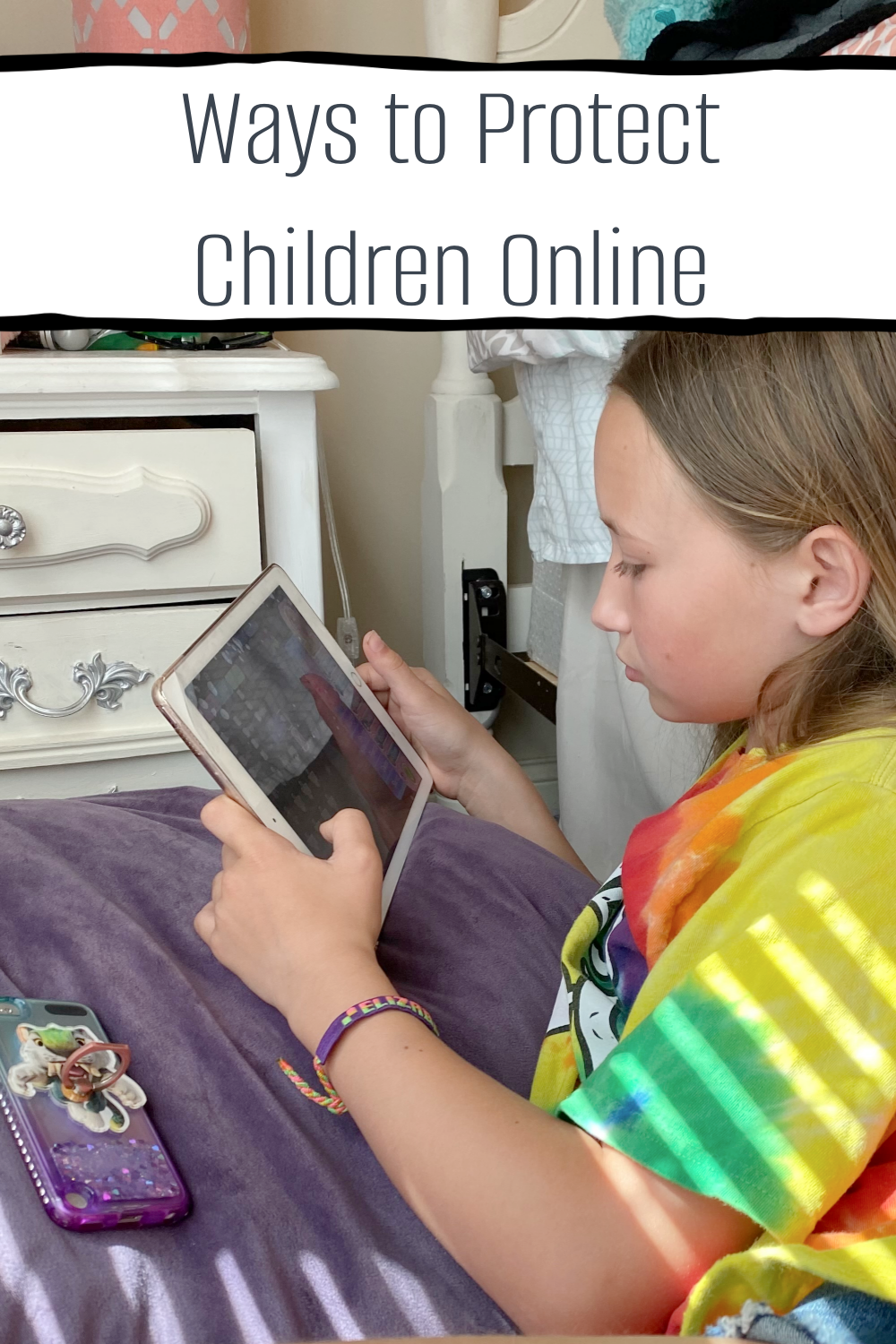Seek Professional Help if Needed
Acknowledge Your Feelings
Recognize the Spectrum of Emotions: Grief isn't just about sadness - it can encompass a wide range of emotions. You might feel angry at the situation, guilty about things you wish you had done differently, or even relieved if the person was suffering. All of these feelings are normal and valid.
Accept the Ups and Downs: Grieving isn't a linear process. Some days you might feel like you're making progress, while others you might feel like you're taking steps backward. Accepting this ebb and flow is an important part of the healing journey.
Don't Compare: Avoid comparing your grief to others' experiences. Everyone's journey is unique, and there's no right or wrong way to grieve. Your feelings are valid, regardless of how they might differ from someone else's.
Give Yourself Permission: It's okay to feel overwhelmed, sad, angry, or any other emotion you might be experiencing. Permit yourself to feel what you're feeling without judgment or guilt. This is an essential step in the healing process.
Allow Yourself to Grieve
Take Care of Yourself
Emotional Well-being: Be gentle with yourself and allow yourself to feel the full range of emotions that come with grief. Journaling can be a therapeutic way to express your feelings and work through your emotions. Practice mindfulness or meditation to help calm your mind and reduce anxiety.
Social Connections: Surround yourself with supportive friends and family who can provide comfort and companionship. It's okay to lean on others for support and ask for help when you need it. However, also give yourself space if you need it, and don't feel pressured to engage in social activities if you're not ready. Joining a support group for people who have experienced similar losses can also be incredibly beneficial.
Reach Out for Support
Honor Your Loved One's Memory
Create a Memorial: Consider creating a memorial in honor of your loved one. This could be a physical space, such as a garden or a bench in a park, or it could be a digital space, such as a memorial website or social media page. A memorial can provide a place for you to reflect on your loved one's life and remember the good times you shared.
Participate in Charity Events: Participating in charity events in your loved one's name can be a meaningful way to honor their memory. Consider participating in a charity run, walk, or bike ride, or organizing a fundraising event in their honor. This can help you feel connected to your loved one and provide a sense of purpose and meaning.
Find Meaning in Your Loss
Be Patient with Yourself
Losing a family member is a deeply personal and often overwhelming experience. Grief is a natural response to loss, and it is important to allow yourself to feel whatever you are feeling. Remember to prioritize self-care, reach out for support, and be patient with yourself as you navigate through your grief. And most importantly, remember that you do not have to go through this alone. Some people care about you and are willing to help you through this difficult time.









No comments
Thank you for dropping by! I would love to hear what you thought. :)
Thanks!
♥,
Diana